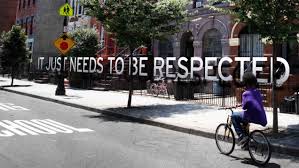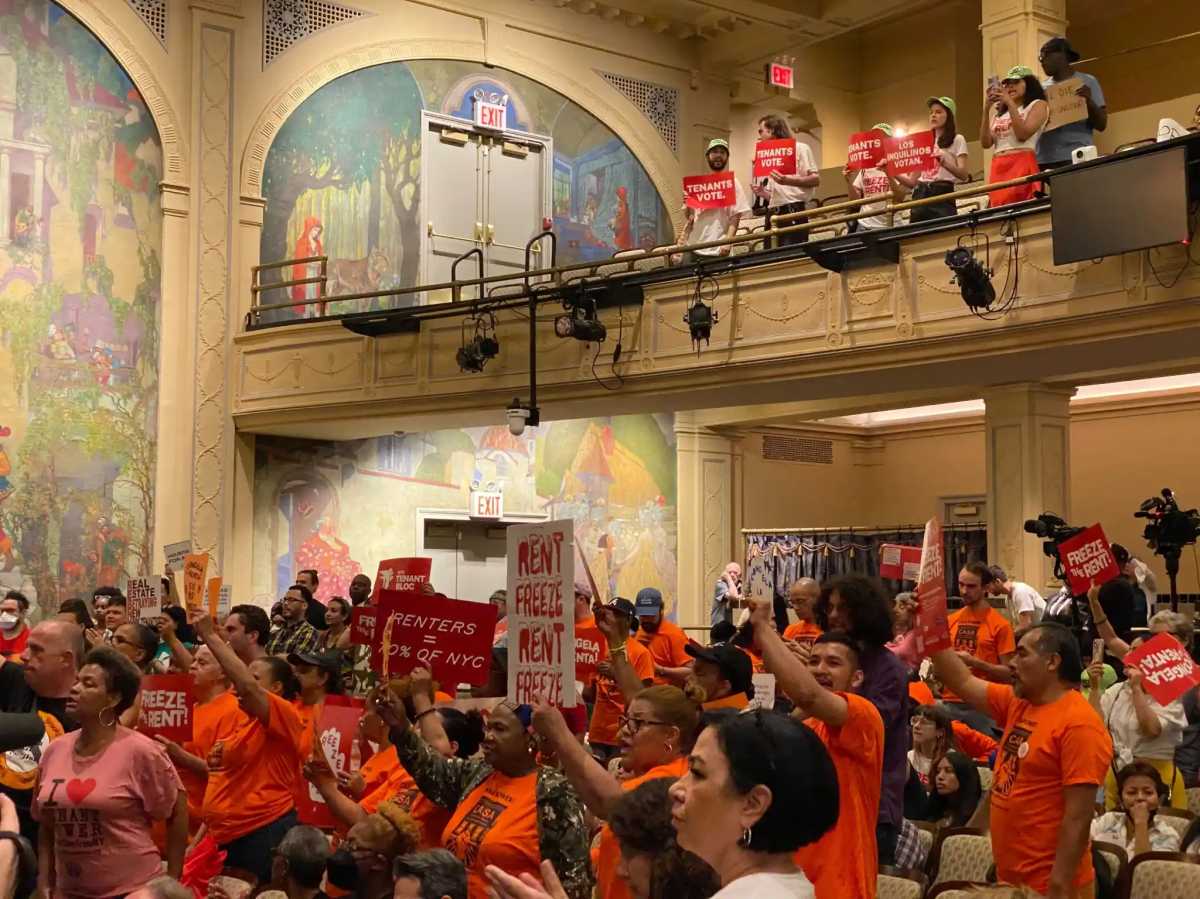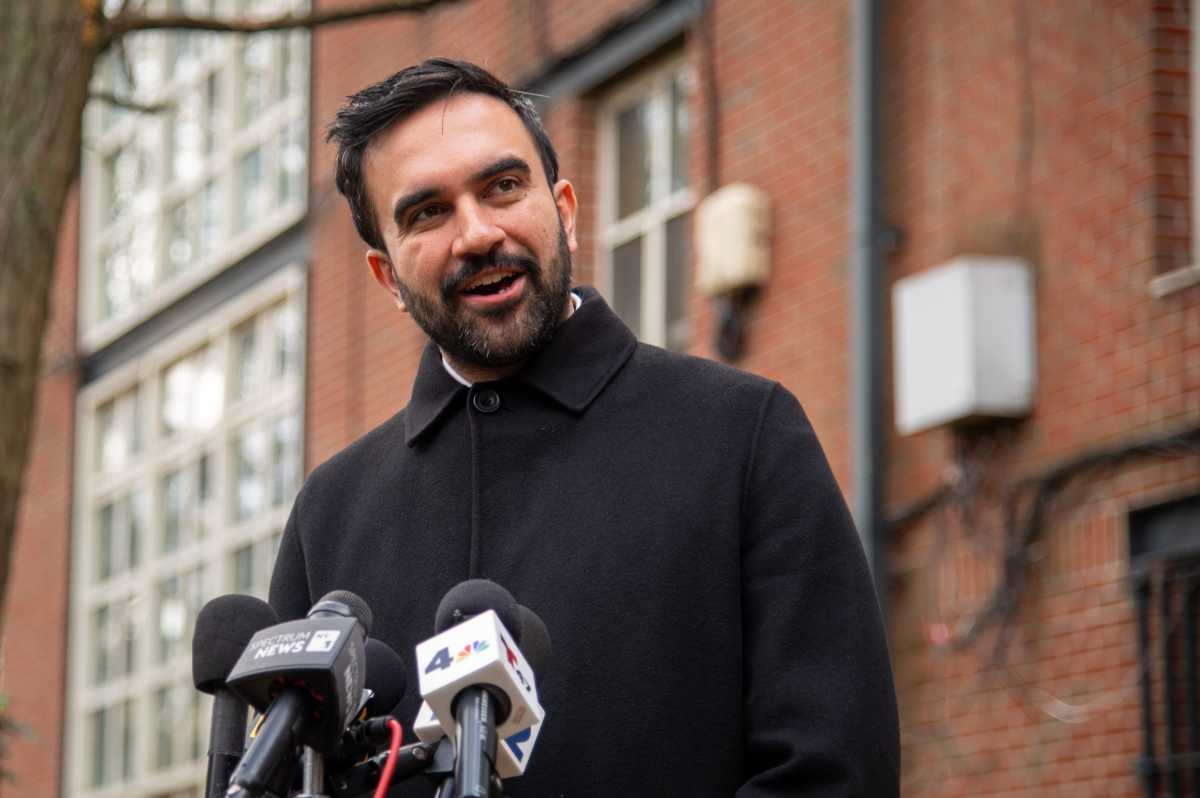By Stephen Witt (exclusive from Our Time Press)
The community based organization that provides a myriad of social services to the Satmar religious sect of Jews that have been migrating into Bedford-Stuyvesant from Williamsburg said they are still interested in partnering in a mixed Jewish-Black affordable housing complex.
But United Jewish Organizations (UJO)) of Williamsburg and North Brooklyn Associate Director David Katz explained that the massive housing complex planned for the former Cascade Linen Factory – a stone throw away from the Marcy and Tompkins Houses – won’t be one of them because it’s privately owned.
The half-block Cascade project, which upon completion will comprise seven six-story buildings and 228 housing units, is located off the Myrtle Avenue/Stockton Street intersection. It is subject to all Fair Housing Laws and appears eligible for several housing subsidies or tax abatements listed on the city’s Department of Housing & Preservation Development (HPD) website.
“Poor and low-income residents in the North Brooklyn area, no matter what community they are a part of, face tremendous housing challenges as a result of an over saturation of luxury housing in the area,” said David Katz, associate director of the United Jewish Organizations (UJO)) of Williamsburg and North Brooklyn.
“It is still a dream of the UJO to work with a Bed-Stuy CBO and partner in the development of low-income housing for all local residents. This is in line with our previous projects we developed in South Williamsburg including the ones we sponsored at Schaefer Landing and 907 Driggs Avenue, where African-Americans, Jews and Latinos live together in harmony,” he added.
Katz noted that Mayor de Blasio has made the creation of affordable housing a top goal of his administration, and the UJO eagerly awaits the release of more details of the plan to participate with all the other CBOs in Bed Stuy when those plans are presented for the area.
Bed-Stuy City Councilman Robert Cornegy did not respond to inquiries concerning the idea of the UJO partnering with an African-American community based organization to develop an affordable housing complex in which both cultures could live.










